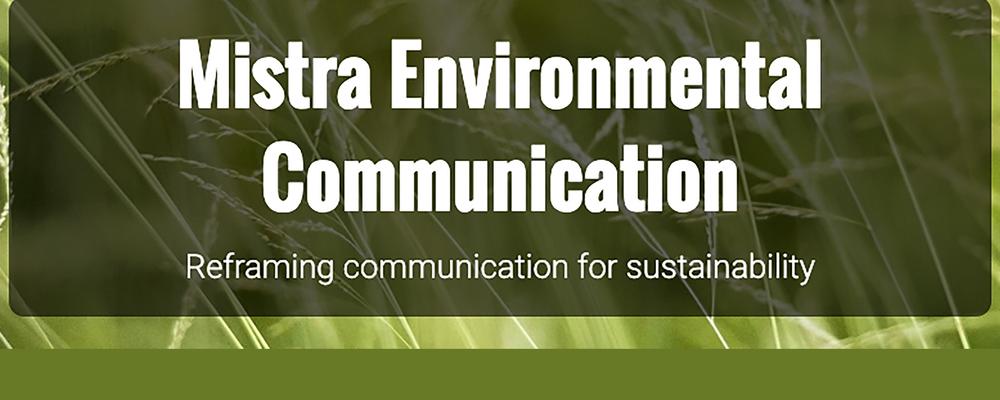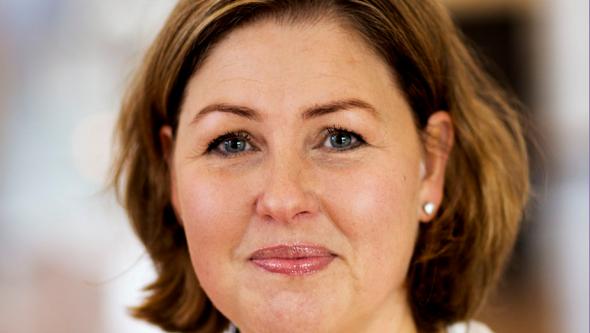Marie Grusell hopes to contribute to more effective communication on environmental issues
How environmental issues are communicated is of great importance for sustainable development and requires renewal. Associate Professor Marie Grusell at JMG, University of Gothenburg, hopes to be able to contribute to this important work as a new board member in Mistra's research programme on the environment and communication.
-
Mistra Environmental Communication is based on a strong consortium of researchers and practitioners – all key societal actors.
-
The Swedish University of Agricultural Sciences, SLU, is the host and the programme includes researchers at SLU, Uppsala University, Lund University, Borås University, the University of the Sunshine Coast in Australia, Charles University Prague in the Czech Republic and the University of Texas in the USA.
-
The consortium includes 28 social partners that cover a wide range of work with sustainability challenges – everything from climate work and art to nature conservation, hunting, and agriculture – at local, national, and international levels.
-
The programme is based on well-established research and teaching expertise at SLU's Department of Environmental Communication and international research and work with education for sustainable development at SWEDESD (Center for Research and Education on Learning for Sustainable Development), Uppsala University.
-
Programme managers are Anke Fischer, professor of environmental communication at SLU, and Eva Friman, director of SWEDESD.

